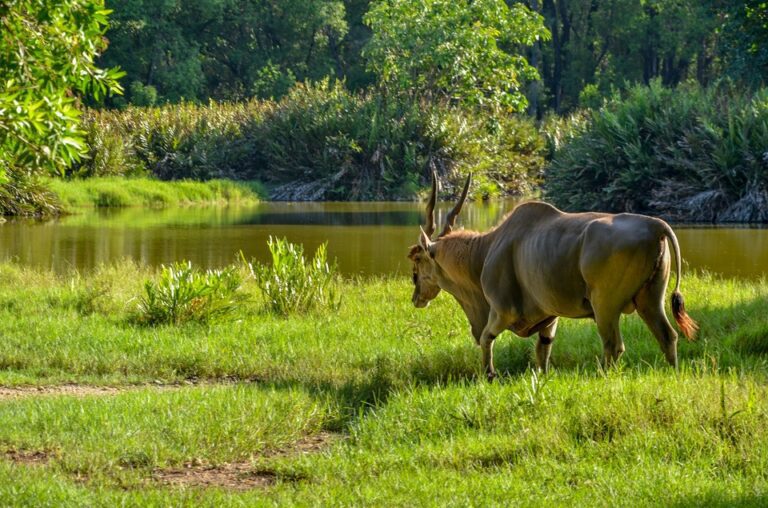A celebration of family and harvest, Chuseok is one of the biggest and most significant holidays in South Korea, where family members from all corners of the country will come together to share food and give thanks to their ancestors. Chuseok is the Korean equivalent of Thanksgiving Day and is honoured with traditional customs and rituals encompassing dress, food and dance. On the morning of Chuseok, family members gather to perform a memorial service called Charye to honour their ancestors. Formal Charye services are only performed twice a year: during Seollal (Lunar New Year) and Chuseok.
The main difference between the two is that during Seollal the major representative food is tteokguk, a rice cake soup, while during Chuseok the major representative foods are freshly harvested rice, alcohol and songpyeon (rice cakes). Traditionally, Korean women of each household would gather to handmake these half-moon shaped treats filled with sweet bean or chestnut, and it was believed that those who could make pretty songpyeon would be blessed with beautiful daughters. Today, songpyeon can be store bought, and is available in elaborate floral designs, intricately wrapped and adorned.

During Chuseok, many cultural sites including Deoksugung Palace, Jongmyo Shrine and the heritage Namsangol Hanok Village will host special holiday events such as traditional games and dance performances. Palaces like the UNESCO World Heritage Changdeokgung Palace and Huwon, Gyeongbokgung Palace, and the Joseon Royal Tombs will offer free admission to visitors wearing a hanbok (traditional dress). At the Korean Folk Village, visitors can delve a little deeper into the meaning of Chuseok with their re-enactment of customs and ancestral rites.






